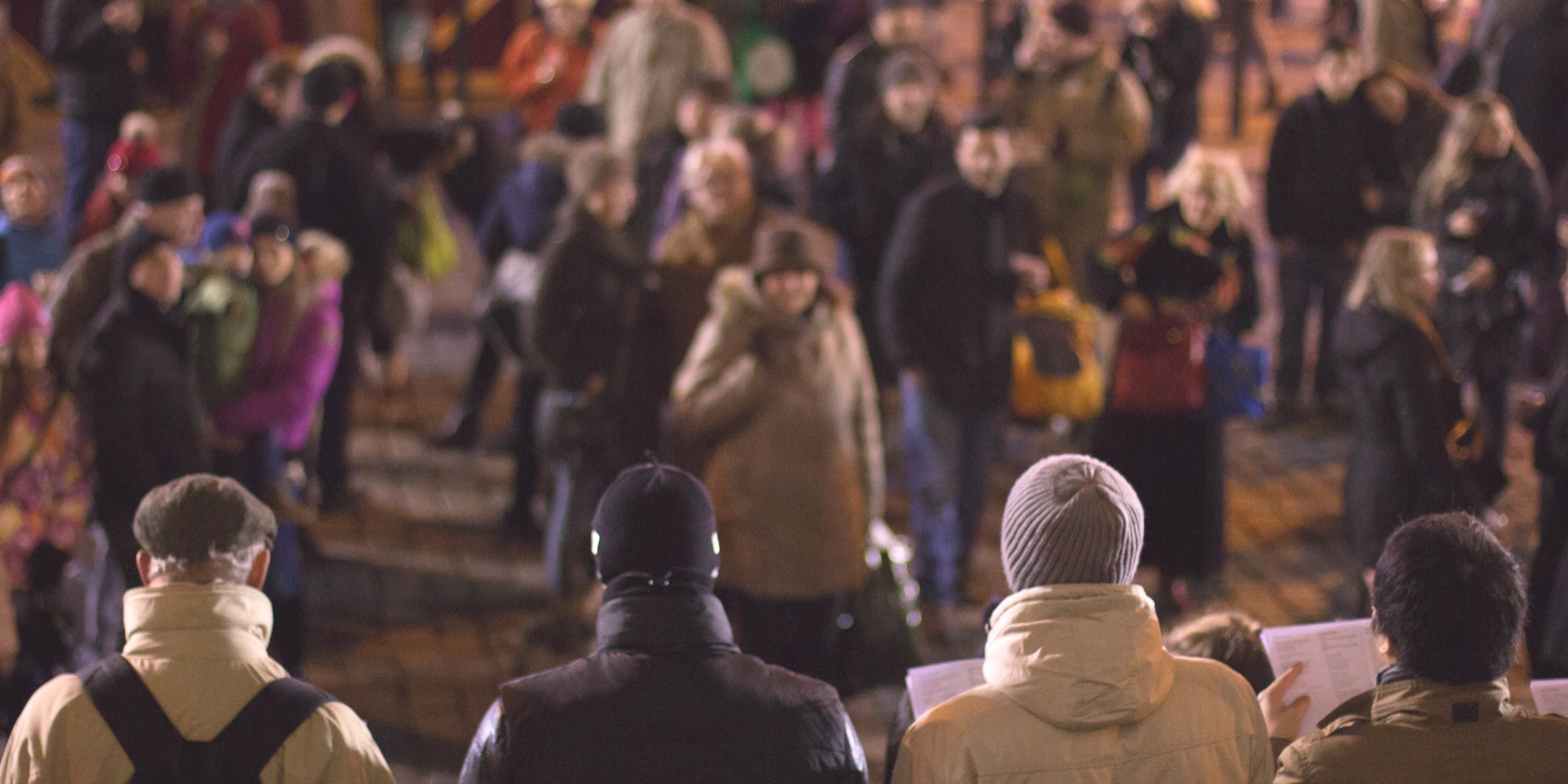We walk into a room full of people and from the first second, we draw a conclusion about how we will feel in their company. And often what we intuited happens. How is this possible?
Firstly, when we enter the room, we take in a huge amount of information at a glance, which our subconscious organises and interprets almost instantaneously according to some interpretative keys we already have. Our behaviour then changes according to the conclusions we have drawn, and the prophecy we made when we entered the room is very likely to come true. Rarely does something cause us to change our already formed opinions and thus take a path that changes the originally expected outcome.
Let’s simply define prejudice as those keys of interpretation that the subconscious and conscious mind use to make sense of information gathered from the external environment. They are very useful when we need to react quickly to avoid or get out of a difficult or dangerous situation. In this way, we decide at a glance to avoid a certain place or people, and sometimes we get confirmation that we have acted wisely. Prejudices have helped us get out of trouble.
However, prejudice can also be harmful because it can lead us to label people incorrectly and draw the wrong conclusions. Surely we have all been pleasantly surprised by people who at first sight seemed to warrant avoidance. Fortunately, we can often afford, without risking our safety, to approach and get to know people we might instinctively have initially avoided. This exercise can often be very beneficial to our personal development. The better we get to know different people, the more diverse the interpretative keys we operate with become. To use an analogy, let us refer to mobile phones. Older phone screens could display a much smaller number of colours, and images were unattractive and unrealistic. As technology advanced, screens became able to work with more and more colours, to the point where images have become spectacular, showing more and more detail.
In most cases, we can only benefit from overcoming the anxiety caused by the differences between us, between the social groups to which we belong, individualised by very different ideologies, beliefs, convictions, and lifestyles. Moreover, the desire to better understand what makes us different, and the training of critical thinking—that is, the kind of thinking that consciously and patiently considers all information, including that which contradicts our preconceptions, and tries to see beyond appearances and draw logical conclusions—will help us to love people more and to learn more from those who are different from us.
We may think that by isolating ourselves from those who are different from us, we can more easily preserve our purity and spiritual integrity. For Christians, however, the example of the life of Jesus should quickly dispel this prejudice. He was not afraid of those who were different, of those who were considered outcasts, even of strangers who came to Him with radically different cultural baggage. Jesus was open to dialogue with those who found Him. What is more, He travelled far and wide in order to make contact with other people. And despite the prejudices of those who accompanied Him, He was able to communicate on a different level with the strangers who came to Him.
Jesus’ conversations still fascinate us today—even those of us who do not believe in Him as the Son of God. His astonishing willingness to go beyond prejudice in order to know people better and more fully is one of the qualities that make Him a role model.
Norel Iacob is editor-in-chief of Signs of the Times Romania and ST Network.



















